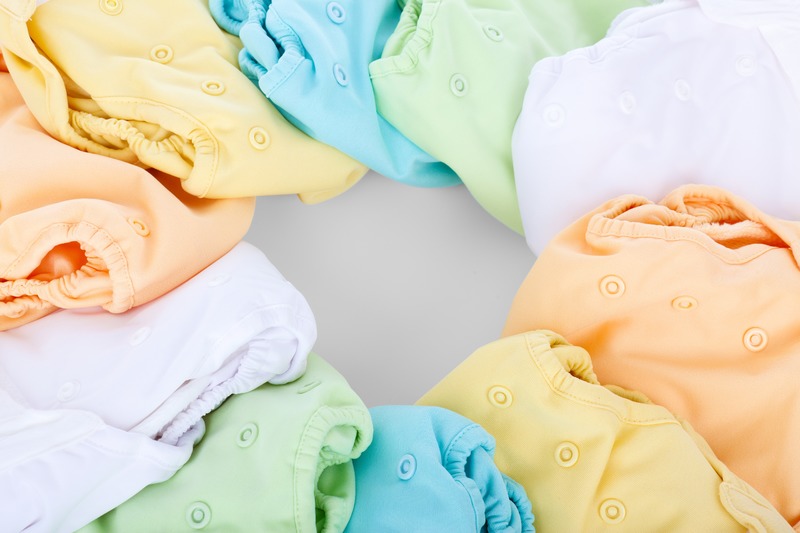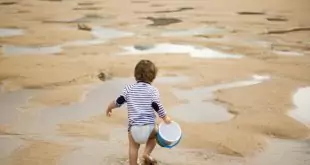Reusable nappies have continued to grow in popularity recently, with many colors and styles that will appeal to almost anyone. We have also seen improvements in design, away from pins and replacing them with poppers or Velcro, putting them on and taking them off far safer and more manageable than before. Most modern reusable nappies now also come in a very similar shape to disposables, meaning that you do not need to learn any complicated folding method to use them. If you’re interested in any baby items with lovely designs, we highly recommend Lewis is home to any upcoming parents.

Another advantage of reusables is that there are now more options than just soaking used nappies in hot water. There are now liner sheets that are biodegradable that can be flushed away, meaning that the cleaning of the actual nappy is minimal.
To wash reusable nappies, you simply store the used ones in a dry nappy bucket, and when you are ready, you can use a pre-wash followed by a hot wash to leave them ready for the next use. If you plan to use reusable nappies, you will need around 15 to 20 so that you have no risk of running out, as babies may need changing ten or more times per day. Reusable nappies will become more absorbent after a few washes, and make sure not to use fabric softener as this can reduce the absorbency.
Are reusable nappies more eco-friendly?
One of the most popular reasons to use cloth nappies is that they are perceived to be more environmentally friendly than disposables. There is a significant reduction in the amount of waste that ends up in the landfill if you use reusable nappies, with around eight million disposables thrown away each day in the UK and makes up almost 4% of the total waste that is buried. There are some disadvantages to using reusable nappies, though, the main one being that a lot of energy is needed to wash them. A hot washing cycle is needed with each load of nappies washed and using the tumble drier to wash them increases the carbon footprint even more. If you have an eco-friendly washing machine and always hang your nappies out to dry, you will significantly reduce your overall carbon footprint.
Are reusable nappies cheaper?
There is no question that cloth nappies are more cost-effective than disposable ones, but the price difference depends on what nappies you and the way you wash them. The total cost of disposable nappies for the average length of time used for a single child is around £600. Comparatively, the cost of buying about 15 reusable nappies will be about £250, depending on the brand that you buy. There is the additional washing cost on top of this to take into account, though. Washing nappies for the same length of time will be about £80, so overall, the saving is a considerable £330.
What are the cons of using cloth nappies?
The main thing that puts people off reusable nappies is what you need to wash them, which can be slightly gross. Most parents will tell you that you get used to this part of having a baby quite quickly, though, and the overall advantages of using cloth nappies generally outweigh this con. They are cheaper, better for the environment, and often safer on your baby’s bottom as they have no chemicals in them.
 World inside pictures Collect and share the best ideas that make our life easier
World inside pictures Collect and share the best ideas that make our life easier







